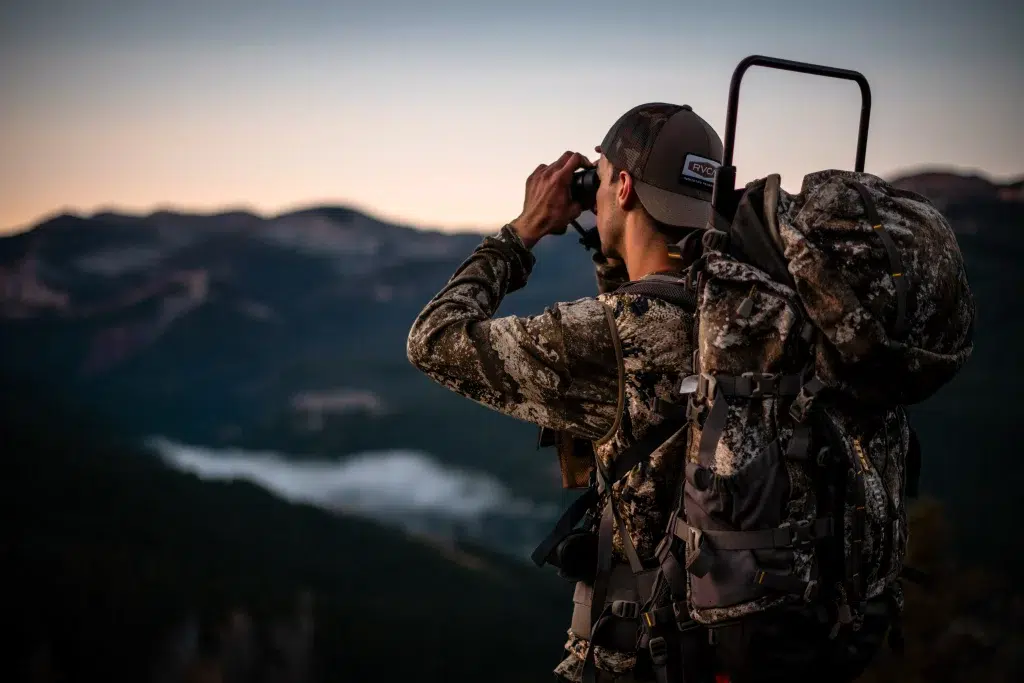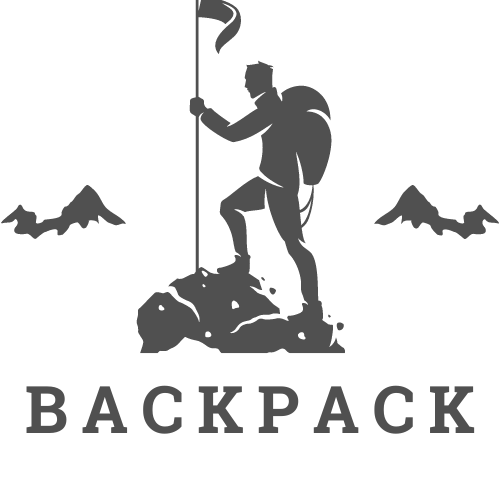How to Secure Your Backpack When Travelling: Tips and Tricks
- Fasten your bag securely to an immobile object using a two-sided cable lock.
- Combine your bags’ security with both a combination lock and a cable.
- Minimize the visibility of your valuables with this straightforward method.
- Discover the security-oriented bags designed by Pacsafe to protect your belongings from theft.

Backpacking is one of the most exciting ways to travel, allowing you to explore new places on a budget. However, keeping your backpack safe and secure is essential, especially in unfamiliar surroundings. This article will explore some tips and tricks for securing your backpack when traveling.
When traveling, your backpack is your lifeline, carrying everything you need for your journey. As such, taking care of it and keeping it secure is essential. This article provides a comprehensive guide to help you secure your backpack when traveling. Here is the complete guide on Why Backpacking is the Best Way to Travel.
Determine the Ideal Backpack
The first step to securing your backpack is to choose the right one. Look for a durable, waterproof bag made of high-quality materials.
Make sure it has lockable zippers and sturdy straps that are comfortable. Consider the size of your backpack as well, as a smaller bag is easier to keep secure than a larger one.
Safely organizing your backpack
When packing your backpack, it’s essential to keep security in mind. Keep your valuable items, such as your passport, cash, and credit cards, in a secure location within your backpack, such as a hidden pocket or a money belt. Avoid overpacking your bag; an overstuffed backpack is more challenging to keep safe. we have reviewed on Top 11 Best Roll Top Travel Backpack in 2023.
Keeping Your Backpack Safe During Transit
Your backpack is at its most vulnerable during transit, so it’s essential to take extra precautions. Keep your bag close to you always, and avoid leaving it unattended, even for a moment.
Use a backpack cover to protect your backpack from rain and dust, and invest in a sturdy lock to secure your backpack’s zippers.
Protecting Your Backpack at Your Destination
Once you arrive at your destination, it’s essential to keep your backpack safe and secure. If your accommodation provides a locker or safe, use it to store your valuable items.
Avoid leaving your pack unattended in public places, and keep it within sight whenever possible. If traveling to a high-risk area, consider investing in a slash-proof bag. Here is the guide on What to Carry in Your Travel Backpack: A Complete Guide.
Securing Your Backpack While You’re Out and About
When you’re out and about, keep your backpack close to your body, and avoid wearing it on just one shoulder, as this can make it easier for someone to snatch it from you.
Keep your valuable items in a secure location within your backpack, and avoid flashing them publicly. If traveling in a high-risk area, consider wearing a dummy wallet to divert attention from your real one.
Additional Tips and Tricks
- Use a luggage tag to help identify your backpack and provide your contact information in case it gets lost.
- Consider using a combination lock rather than a key lock, as keys can be lost or stolen.
- Invest in a backpack with RFID-blocking technology to protect your credit cards from electronic theft.
- Consider using a carabiner to secure your backpack to a fixed object, such as a chair or table, when sitting in a café or restaurant.
- Use a TSA-approved lock if traveling to the United States to avoid having your safety cut off during security checks. We have reviewed on Top 5 Best Deuter Backpack for Travel.
Conclusion
Securing your backpack when traveling is essential to ensure that your journey is safe and hassle-free. Following the tips and tricks outlined in this article can help keep your bag safe and secure throughout your trip.
Remember to choose high-quality gear, pack your items securely, retain your load close to you during transit, and take precautions to protect your shipment at your destination and while you’re out and about.
